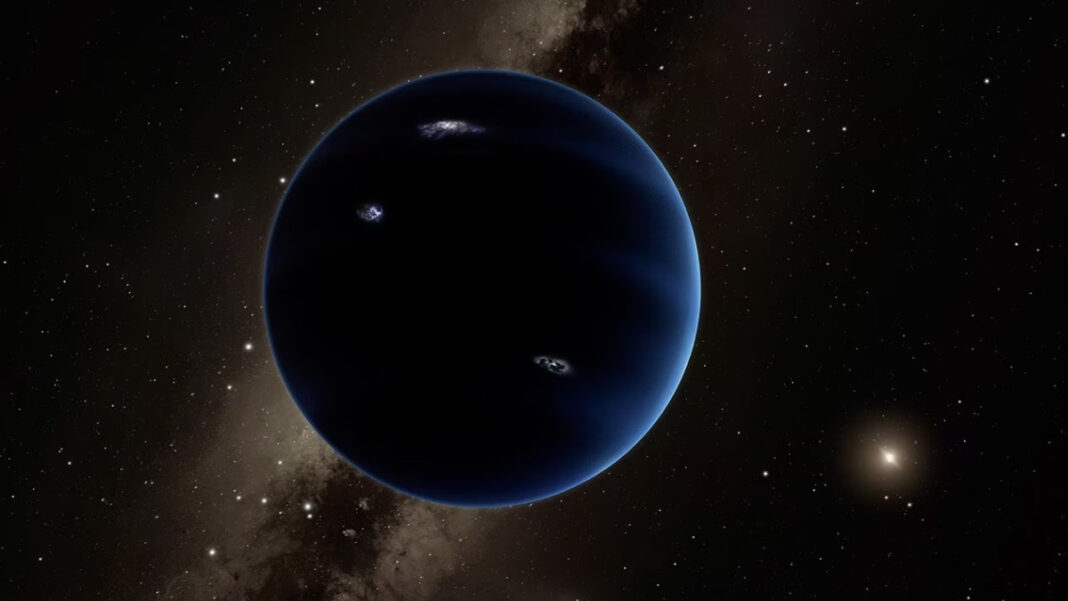INDIA: One of the most intriguing subjects of scientific inquiry in recent years is the hypothetical ninth planet in our solar system, known as Planet X.
For centuries, astronomers have been fascinated by the mysteries of our solar system. While we have discovered and studied many of the planets and objects that make up our cosmic neighborhood, there is still much that we do not know.
Mystery surrounding Planet X
What is Planet X?
Planet X, also known as Planet Nine, is a hypothetical planet that is thought to be located beyond Neptune, in the far reaches of our solar system.
It is believed to be a large, rocky planet with a mass several times that of Earth and an orbit that takes it hundreds of times farther from the Sun than Earth’s orbit.
Some scientists believe that Planet X may even have a highly elongated orbit that brings it close to the Sun only once every few thousand years.
Why do we think there is a Planet X?
The existence of Planet X is still a matter of debate in the scientific community, but several lines of evidence have led astronomers to believe that there may be another planet lurking in the outer solar system.
One of the strongest pieces of evidence comes from the orbits of several dwarf planets and other objects in the Kuiper Belt, a region beyond Neptune that is home to many icy bodies.

These objects, including Sedna, 2012 VP113, and others, have orbits that appear to be clustered together in a way that is difficult to explain without the influence of another large object in the outer solar system. Some scientists believe that this object could be Planet X, whose gravity would be shepherding these objects into their unusual orbits.
Another piece of evidence comes from the fact that the orbits of several of the outer planets, including Uranus and Neptune, are somewhat irregular. This suggests that there may be other massive objects in the outer solar system that are perturbing their orbits.
While some of these irregularities can be explained by the gravitational influence of other planets, it is possible that there is another large object that we have not yet discovered.
Discovery of Neptune


The discovery of Neptune in the 19th century provides a historical example of how astronomers can use the irregularities in the orbits of known planets to infer the existence of an unknown planet.
In the mid-1800s, astronomers observed that the orbit of Uranus was not quite what they expected it to be. They hypothesized that there must be another planet out beyond Uranus that was tugging on it gravitationally.
Using this hypothesis, mathematician Urbain Le Verrier calculated the position of the hypothetical planet and sent his predictions to astronomers who were searching for it. Sure enough, the planet was discovered within a degree of the predicted location and named Neptune.
Can we use a similar method to find Planet X? It’s certainly possible. By observing the orbits of the outer planets and other objects in the Kuiper Belt, astronomers may be able to infer the presence and location of a massive, undiscovered planet.
Conclusion
Planet X remains a tantalizing mystery in our solar system. While we have yet to confirm its existence, the evidence for its presence continues to mount.
If Planet X does exist, it would be a fascinating addition to our understanding of the cosmos and could help shed light on the formation and evolution of our solar system.
Also Read: NASA Unveils New Spacesuits for Upcoming Moon Mission with Axiom’s AxEMU



